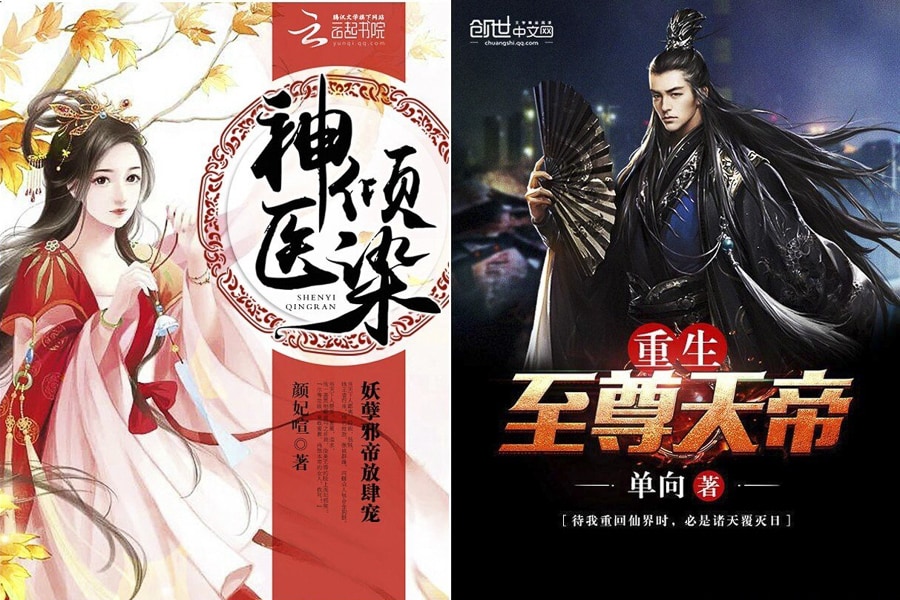
Can you buy creativity in the gig economy?
It's possible, but creators need more of a stake. A study by Feng Zhu of 10,000 novels in the Chinese e-book market reveals how tying pay to performance can lead to new ideas
 Book contracts that give authors a share of sales rather than paying them by output alone through a flat fee also propel them to produce more interesting content
Book contracts that give authors a share of sales rather than paying them by output alone through a flat fee also propel them to produce more interesting content
Writers may lament the uncertainties of the digital age, as many turn to online markets to distribute their work with no promises of fame or fortune. But when authors are guaranteed a cut of their own book sales, they tend to work harder and get more creative, according to a study of the Chinese e-book market.
New regulations have shaken up the e-book landscape in China, intensifying competition and prompting writers to work harder, according to research by Harvard Business School Professor Feng Zhu. Book contracts that give authors a share of sales rather than paying them by output alone through a flat fee also propel them to produce more interesting content.
The findings may prompt publishers to consider changing their pay structure in ways that reward writers for originality. Beyond publishing, the research sheds light on effective ways of tying pay to performance to encourage workers to get their creative juices flowing.
“It turns out, on average, these gig workers are very responsive to competition,” says Zhu, who co-authored the forthcoming article Competition, Contracts, and Creativity: Evidence from Novel Writing in a Platform Market in the journal Management Science with Yanhui Wu of the University of Hong Kong. “That’s good because we want people to have a more competitive spirit and produce better and more creative content.”
A novel approach
The researchers studied more than 10,000 novels appearing on one of China’s most popular book-writing platforms between 2013 and 2015. In China, e-publishing platforms have become a multibillion-dollar industry, attracting more than 1 million authors and over 300 million readers. Authors tend to produce commercially popular fare, such as romance novels, mysteries, crime fiction, and books about science fiction and martial arts.This article was provided with permission from Harvard Business School Working Knowledge.







